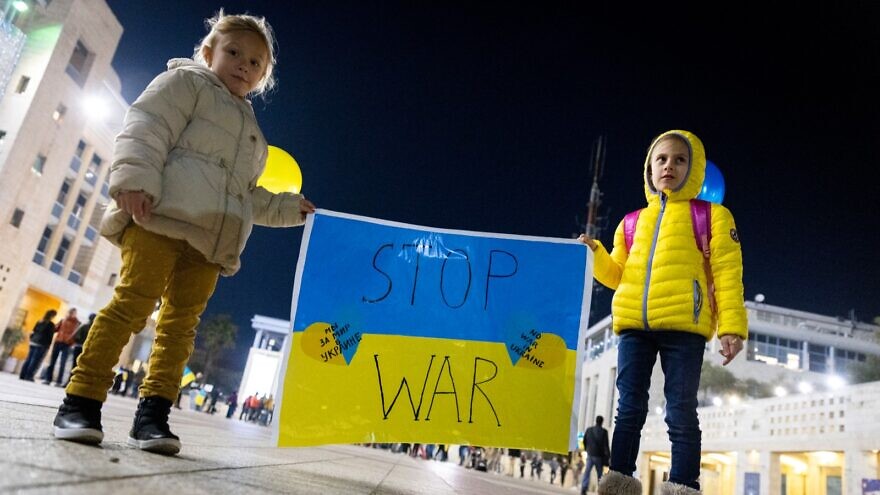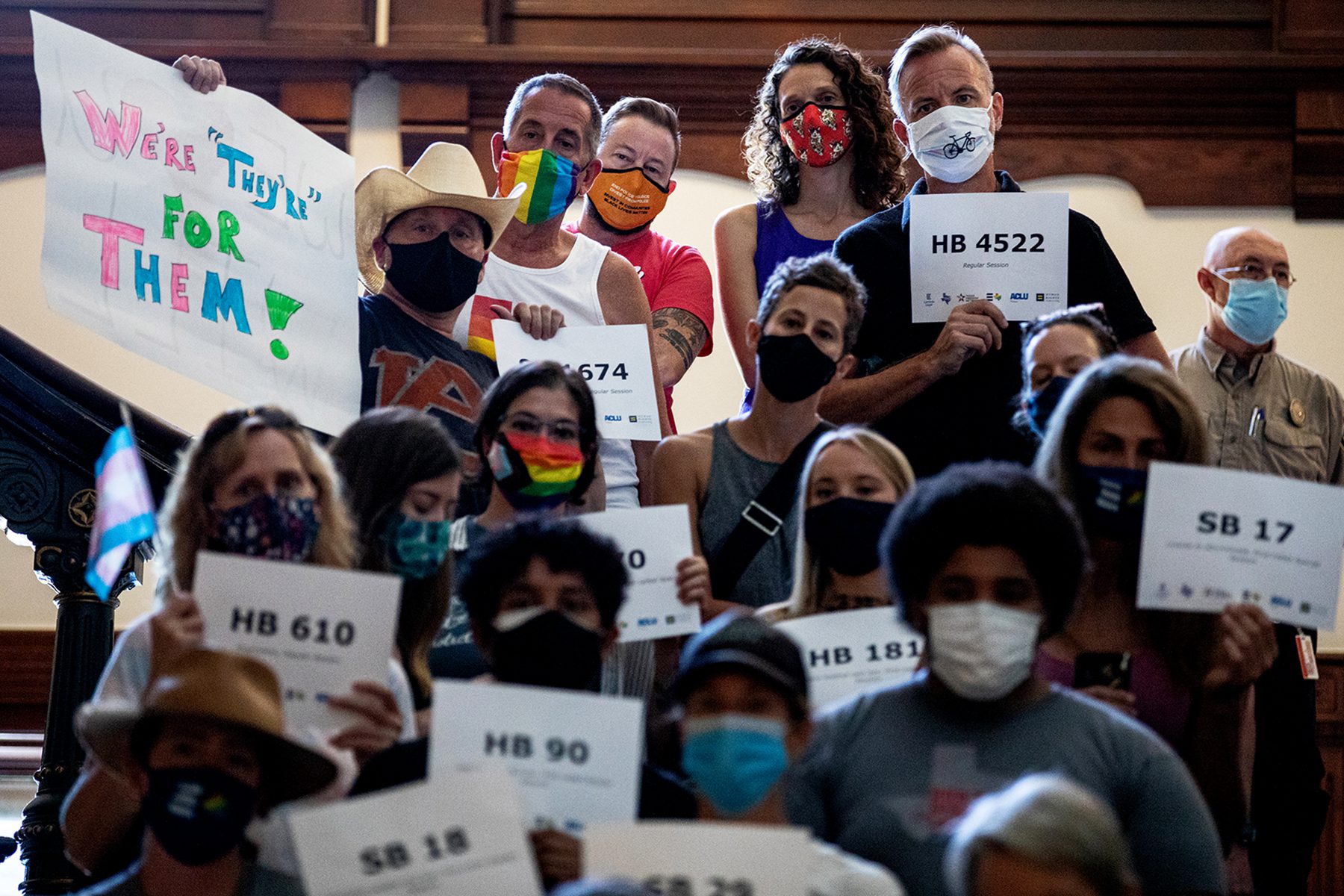03/12/2022
Vienna, Austria,

Ukraine informed the International Atomic Energy Agency (IAEA) today that Russia was planning to take full and permanent control of the Zaporizhzhya Nuclear Power Plant (NPP) under the management of the state firm Rosatom, Director General Rafael Mariano Grossi said. This was later denied by the Russian Federation.
The President of Ukraine's nuclear power plant operator Energoatom, Petro Kotin, said in a letter to the Director General that around 400 Russian soldiers were “being present full time on site” and confirmed that the NPP remains under the control of the Russian military forces’ commander.
In addition, Energoatom’s Kotin said plant management were required to coordinate with the Russian forces on all operational issues, including technical matters. He confirmed that staff at the NPP were regularly rotating and added that Russian experts had arrived at the site a few days ago to assess the radiation situation there.
Ukraine had previously informed the IAEA that Russian military forces took over the country’s largest nuclear power plant, with six reactors, on 4 March. Its regular staff have continued to operate the NPP and carry out their day-to-day work, but its management is under the control of the commander of the Russian forces there, Ukraine said. Russian forces took control of another nuclear site in Ukraine, the Chornobyl NPP, on 24 February.
In a telephone call with Director General Grossi early today, 12 March, the Director General of Rosatom Alexey Likhachev confirmed that a limited number of the company’s experts were present at the Zaporizhzhya NPP in south-eastern Ukraine, but he denied that Rosatom had taken operational control nor that it intended for the plant to be under Rosatom’s “management system”.
In a regular technical update today, the Ukrainian regulator told the IAEA that the Zaporizhzhya NPP power supply situation had not changed in recent days. The site has four high voltage (750 kV) offsite power lines plus an additional one on standby. Two of the four have been damaged. The operator has informed the IAEA that the NPP off-site power needs could be provided with one power line available. Diesel generators were also ready and functional to provide back-up power.
Rosatom Director General Likhachev confirmed the site power supply situation and said work was being carried out to restore the lost power lines but in a way not to put at risk the existing supplies, and therefore additional fuel supplies for back-up diesel generators were being brought in, in case they would be needed. He added that other supplies for the plant could also be delivered.
The Russian Federation separately informed the Agency formally today that, “management and operation of the Zaporozhskaya and Chernobyl NPPs is carried out by the Ukrainian operating personnel. A group of several Russian experts provides them consultative assistance. In the framework of providing technical support, the priority needs of plants are being determined to ensure the safe and sustainable operation of nuclear power units. Thus, in particular, with the consultative assistance of Russian specialists, the restoration of the power supply of the Chernobyl NPP and the physical protection system of the Zaporozhskaya NPP is now being carried out. While implementing measures carried out at ensuring the safe and secure operation of Ukrainian NPPs the Russia side maintains close contact with the IAEA”.
Director General Grossi reiterates that the current situation clearly contravenes one of the seven indispensable pillars namely that “The operating staff must be able to fulfil their safety and security duties and have the capacity to make decisions free of undue pressure”.
Regarding the situation at the Chornobyl NPP, the Ukrainian regulator said efforts to repair the damaged power lines were continuing but external electricity supplies remain severed since 9 March. Diesel generators are continuing to provide back-up power to systems relevant for safety, including spent fuel storage facilities at the site of the 1986 accident, and additional fuel deliveries arrived on 11 March, it said.
In his phone discussion today with Director General Grossi, Rosatom’s Likhachev also provided information about the new diesel deliveries and said power lines could be extended from nearby Belarus to supply the Chornobyl NPP. He said some Rosatom experts were on the site.
At the Chornobyl NPP, the plant’s staff of 211 technical personnel and guards have still not been able to rotate, in effect living there since the day before Russian forces took control, the Ukrainian regulator said.
Director General Grossi has repeatedly stressed the urgent need to ensure they can properly rest and rotate, saying this is also a vital element for safe and secure nuclear power operation. Adding to the difficult situation, communications between the plant and the regulator were lost on 10 March. The regulator is still in contact with off-site management and is able to provide information about the plant to the IAEA.
On the status of Ukraine’s operational nuclear power plants, the regulator said eight of the country’s 15 reactors remained operating, including two at the Zaporizhzhya NPP, three at Rivne, one at Khmelnytskyy, and two at South Ukraine. Radiation levels remain normal, it added.
Director General Grossi has from the beginning of the conflict expressed grave concern about the safety and security of Ukraine’s nuclear facilities. He has proposed an agreed framework to ensure the safety and security of nuclear facilities in Ukraine, which he discussed in his recent meetings in Antalya, Turkey with the Ukrainian and Russian Foreign Ministers Dmytro Kuleba and Sergei Lavrov respectively. In addition, he is preparing detailed technical proposals on how the IAEA can assist in this regard, coordinating closely with all relevant parties. Director General Grossi said that the agreed framework must be concluded urgently and he added that in its absence no IAEA on-site assistance could be provided.
In relation to safeguards, the Agency confirmed that it has managed to recover all of the data of the Zaporizhzhya NPP that could not be transmitted to IAEA headquarters for a few days this week. There are no new developments regarding the Chornobyl and South Ukraine sites.









